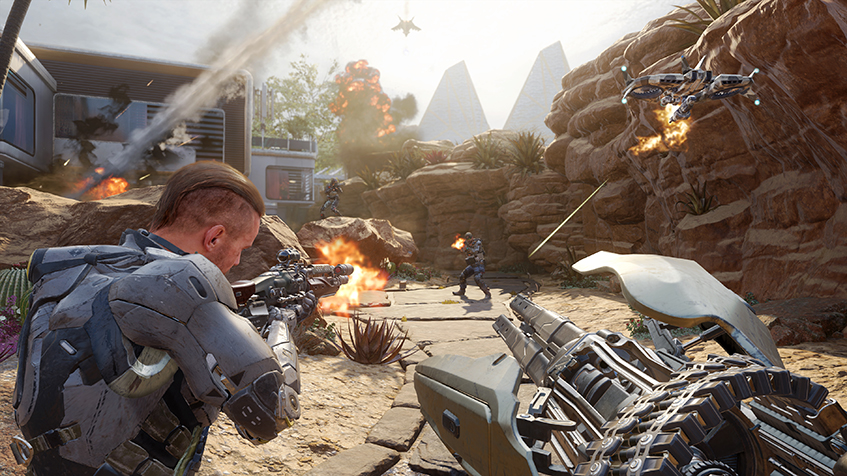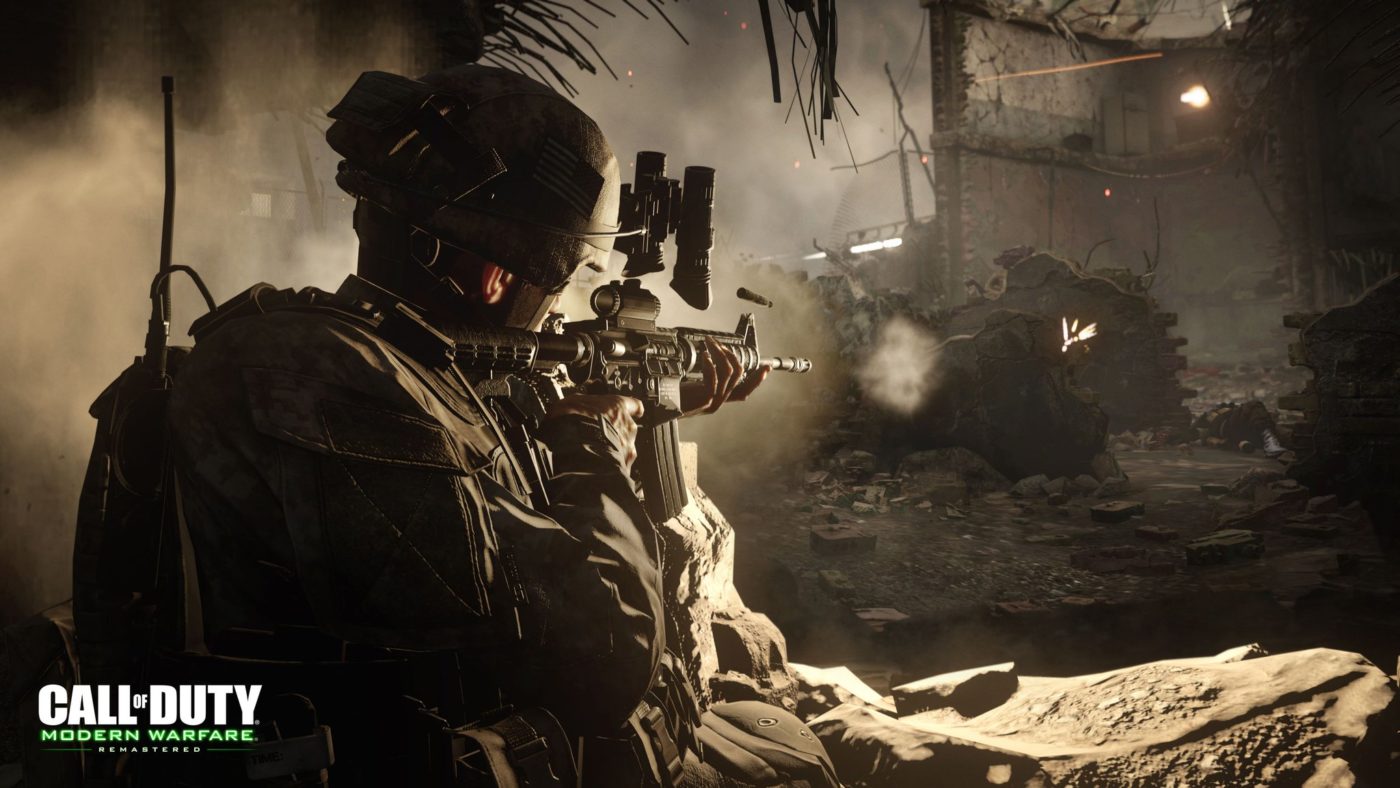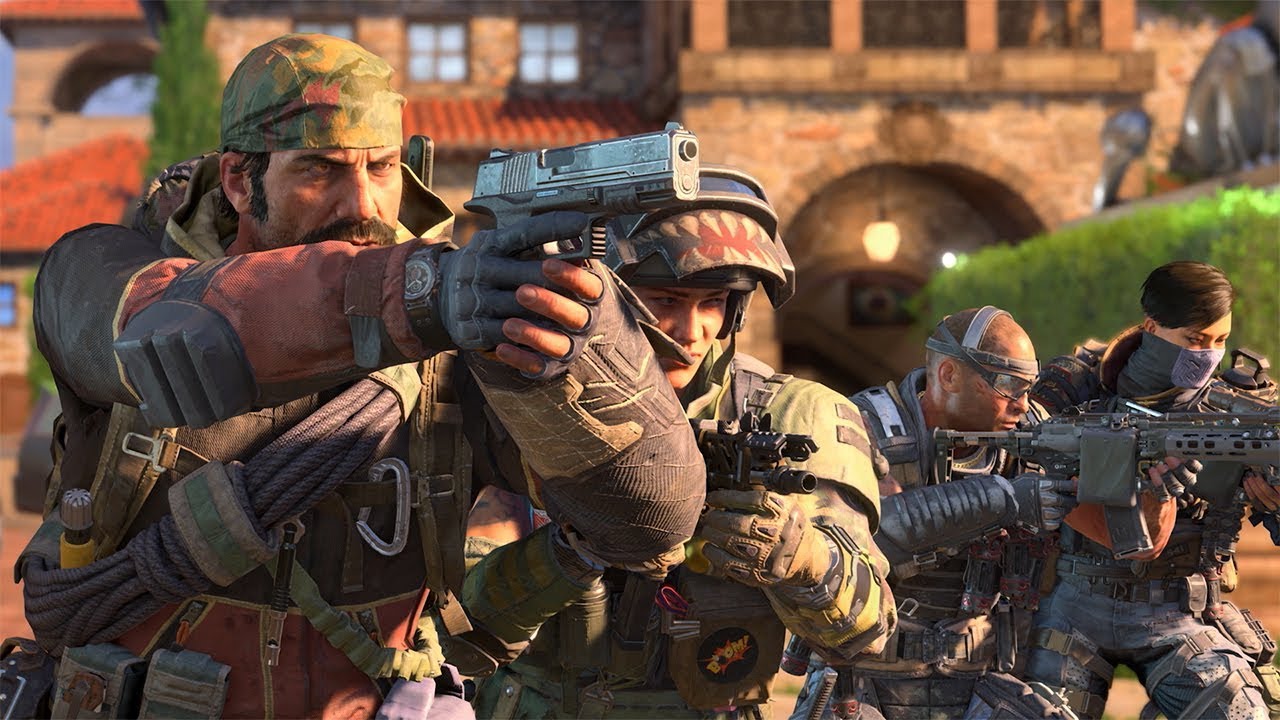It’s that time of year again. The calendar is nearing its end, and another Call of Duty game has arrived in time for the holiday shopping season. These games are so consistently released on an annual basis that they have become as much a part of the season as pumpkin spice lattes and brawling for deals on Black Friday. Call of Duty games are a routine—a tradition, even—for many gamers, including myself. But this year, part of that tradition has been disrupted. The recent news dump of information on the Battlefield V single-player story missions has only punctuated this change. For the first time ever, a Call of Duty game was released without a single-player story campaign.
Indeed, Call of Duty campaigns have been criticized for their short lengths and sometimes simplistic gameplay, but for some, this is what they enjoy. There’s something uniquely impressive about CoD single players that sets them apart. The Modern Warfare series and the first Black Ops game had campaigns that were downright phenomenal. Arguably, few other games are capable of anything close to the playable blockbuster movie that CoD campaigns have become. Its arch-rival, Battlefield, has derivatively attempted time and time again to replicate CoD’s success, with decent results at best. CoD is the reigning king of linear first-person shooters. And regardless of one’s personal preferences, there’s no denying its achievements, which is why, for many, it is so bizarre to see Activision release this game without its founding game mode.

What prompted this decision? Well, when viewing the topic from its publisher’s perspective, one might understand their decision based on statistical trends. Call of Duty: Black Ops 3 reportedly had a completion rate of only nine percent. And the woes of creating single player games cut deeper than low completion rates. Single-player video games are costing more and more to make all the time. The graphical fidelity of game engines is advancing, and the production of high-quality assets for these engines takes more manpower than ever before.
A common estimate for development budgets in video games is $10,000, per staff member, per month. Thus, as Jason Schreier of Kotaku calculates, big budget games created by a crew of 400 people for 36 months run the cost of $144 million, and that is before including the marketing budget, which may in some cases double or triple the cost of a game. Not to mention, there’s also the “increasing professionalism of the industry,” which demands top Hollywood voice talent to meet increasing production value—a trend that Call of Duty itself helped pioneer with actors such as Kevin Spacey in 2014’s Call of Duty Advanced Warfare.
What’s more, video games also have a monetization problem. Games today are sold at an industry standard of $60, but according to a 2013 article from Colin Moriarty of IGN, games priced at $50 in 1990 would have been $89 in 2013 money ($97 as of the writing of this article). In other words, thanks to inflation, the power of the dollar has changed, but the price of AAA games has seen little movement. And all this together has culminated in an industry crisis.
At the moment, the best solution for this seems to be in microtransactions. Publishers can make up for the missing revenue by nickel-and-diming gamers to purchase small, yet inconsequential, in-game items. But this only works when gamers are playing the mode that features microtransactions, and it works best when players are incentivized to show off their 420 YOLO Blaze It AK-47 skins for their friends in multiplayer (yes, I’m exaggerating, but not by much).

If I were making these decisions at a publisher such as Activision, I could only look at these numbers and see dropping single-player from the production costs as a no-brainer decision. But for gamers, there’s more to this than production costs and gross revenue. What’s to be lost by making this decision? If this move becomes standard, there will be no new Captain MacTavishes and Alex Masons. There will be no more All Ghillied Ups or betrayals from General Shepherds. For me, these characters and moments define the franchise.
Assuredly, for some, albeit few, this makes the game passable. But it’s unlikely that this will hit the wallets of the executives at Activision. They’ll follow the money. Of course, this all might be an exception rather than a new rule. But for now, it seems, it’s the end of an era, and until publishers solve their monetization problems, we might have to just get over it. Let’s just hope the solution is not far away.
The views in this article are solely that of the author’s and do not represent the entirety of MP1st and its staff.
